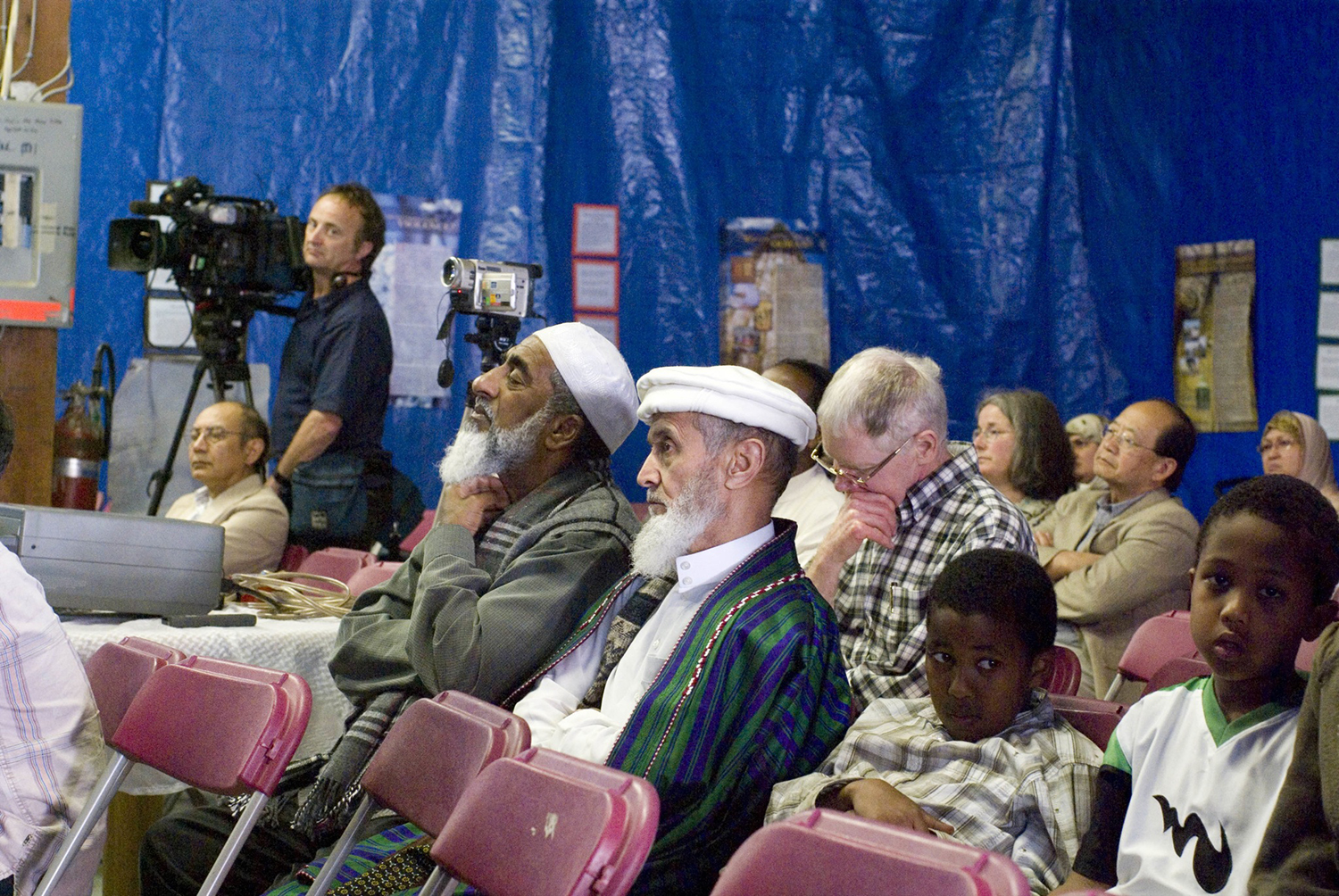The Alliance of Baptists joined nearly 90 national religious, secularist, civil rights and other organizations Jan. 17 in an open letter urging members of Congress to oppose anti-Muslim policies and rhetoric during the transition to the administration of President-elect Donald Trump.
The organizations said policies proposed by Trump during his campaign and some of his cabinet appointees to bar Muslims from entering the United States and to register Muslims currently living in our communities “are not only offensive but unconstitutional.”
Recognizing Religious Freedom Day Jan. 16 — which marked the 231st anniversary of the Virginia General Assembly’s adoption of the landmark Virginia Statute for Religious Freedom, the basis for the First Amendment to the U.S. Constitution — the groups said Muslims have been a part of America’s history since before the country was founded.
“Our Founding Fathers believed — as did others involved in drafting and adopting the statute and the First Amendment itself — that religious freedom is a fundamental and expansive right,” they said. “This means religious freedom for all, not some.”
The organizations said talk of a national registry based on religion evokes memories of “the deeply shameful policy of interning Japanese Americans on the basis of political fear-mongering after the U.S. entered World War II.” They said Trump supporters “have shamefully cited that horrific moment in our nation’s history as precedent for singling out our Muslim family, friends and neighbors.”

InterfaithEvent: A number of interfaith events have been held around the nation since Donald Trump’s election. Religious leaders pledge support of Muslims. (Photo/Creative Commons)
The groups said anti-Muslim rhetoric is closely related to religiously based violence committed against Muslims or those perceived to be Muslims. “As anti-Muslim rhetoric became more prevalent during the presidential campaign, the rate of crimes against Muslims also increased,” they said.
Establishing anti-Muslim policies, they said, “goes directly against the American principles of freedom of religious belief and of expression.”
“True religious freedom means that the same right that protects the liberty of Christians, Jews or Hindus, for example, to pray, attend services and promote their views in public, protects the right of Muslims to do the same,” they said.
The Alliance of Baptists, which celebrates its 30th anniversary April 28-30 in Raleigh, N.C., upholds principles including “a free church in a free state and the opposition to any effort either by church or state to use the other for its own purposes.”
During confirmation hearings two of Trump’s top cabinet picks — Homeland Security secretary pick Gen. John Kelly and attorney general nominee Sen. Jeff Sessions (R-Ala.) — said they opposed the idea of a registry for Muslims floated by Trump during the presidential campaign.
Last week the Council on American-Islamic Relations, the nation’s largest Muslim civil rights and advocacy organization, asked Trump to withdraw his invitation to evangelist Franklin Graham to pray at his inauguration because of Graham’s history of anti-Muslim rhetoric.
“If President-elect Trump truly seeks to unite our nation as he promised in his acceptance speech, he will limit the list of those offering prayers at the inauguration to religious leaders who work to bring us together, not to create divisions between faiths,” said CAIR National Executive Director Nihad Awad. “Rev. Graham’s ill-informed and extremist views are incompatible with the Constitution and with American values of religious liberty and inclusion.”
Graham, head of the Billy Graham Evangelistic Association and the humanitarian organization Samaritan’s Purse, has called Islam a “very evil and wicked religion” and suggested that certain American mosques should be closed by the government.
During the campaign, Trump voiced support for registering Muslims in a database or giving them some sort of special identification noting their religion as a tool to keep America safe from terrorism. Since the election he has not said what he will do as president, but many Muslims say they are anxious about the incoming administration.
